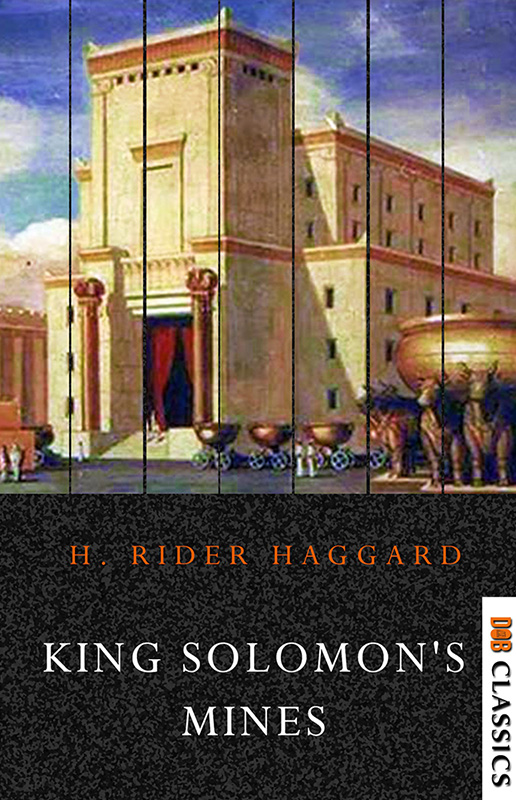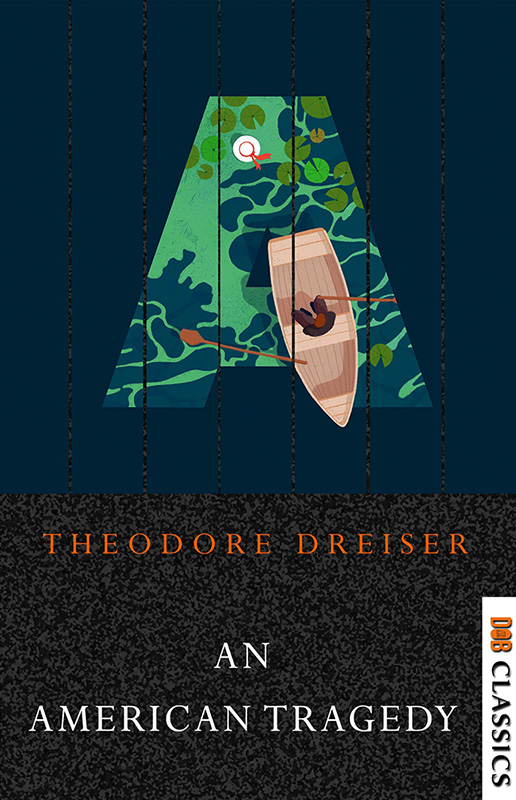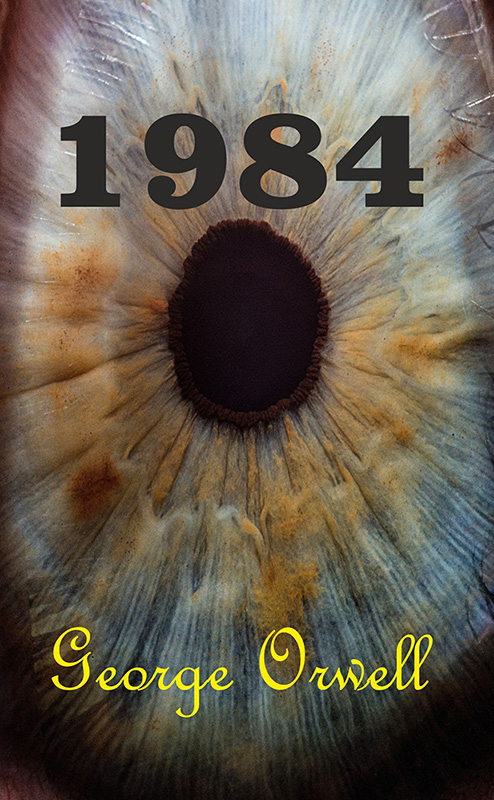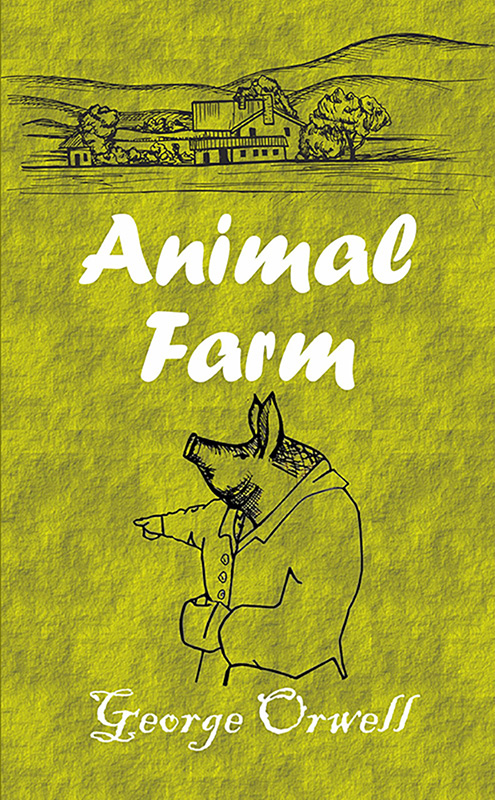The book was first published in September 1885 amid considerable fanfare, with billboards and posters around London announcing "The Most Amazing Book Ever Written". It became an immediate best seller. By the late 19th century, explorers were uncovering ancient civilisations around the world, such as Egypt's Valley of the Kings, and the empire of Assyria. Inner Africa remained largely unexplored and King Solomon's Mines, one of the first novels of African adventure published in English, captured the public's imagination.
The "King Solomon" of the book's title is the Biblical king renowned both for his wisdom and for his wealth. A number of sites have been suggested as the location of his mines, including the workings at the Timna valley near Eilat. Research published in September 2013 has shown that this site was in use during the 10th century BCE as a copper mine possibly by the Edomites, who the Bible reports were rivals of and frequently at war with King Solomon. The Bible does refer to King Solomon having sent out, in partnership with his Phoenician allies, trading expeditions along the Red Sea, which brought exotic wares and animals from Africa to Jerusalem. Muslim traders in Sofala told Portuguese travelers in the sixteenth and seventeenth centuries that the region's gold mines belonged to King Solomon and that he built the ruins of Great Zimbabwe.
Haggard knew Africa well, having travelled deep within the continent during the Anglo-Zulu War and the First Boer War, where he had been impressed by South Africa's vast mineral wealth and by the ruins of ancient lost cities being uncovered, such as Great Zimbabwe. His original Allan Quatermain character was based in large part on Frederick Selous, the British white hunter and explorer of Africa. Selous's real-life experiences provided Haggard with the background and inspiration for this and many later stories.
Haggard also owed a considerable debt to Joseph Thomson, the Scottish explorer whose book Through Masai Land was published in 1885. Thomson claimed he had terrified warriors in Kenya by taking out his false teeth and claiming to be a magician, just as Captain Good does in King Solomon's Mines. Contemporary James Runciman wrote an article entitled King Plagiarism and His Court, interpreted as accusing Haggard of plagiarism for this. Thomson was so outraged at Haggard's alleged plagiarism that he published a novel of his own, Ulu: an African Romance, which, however, failed to sell.







